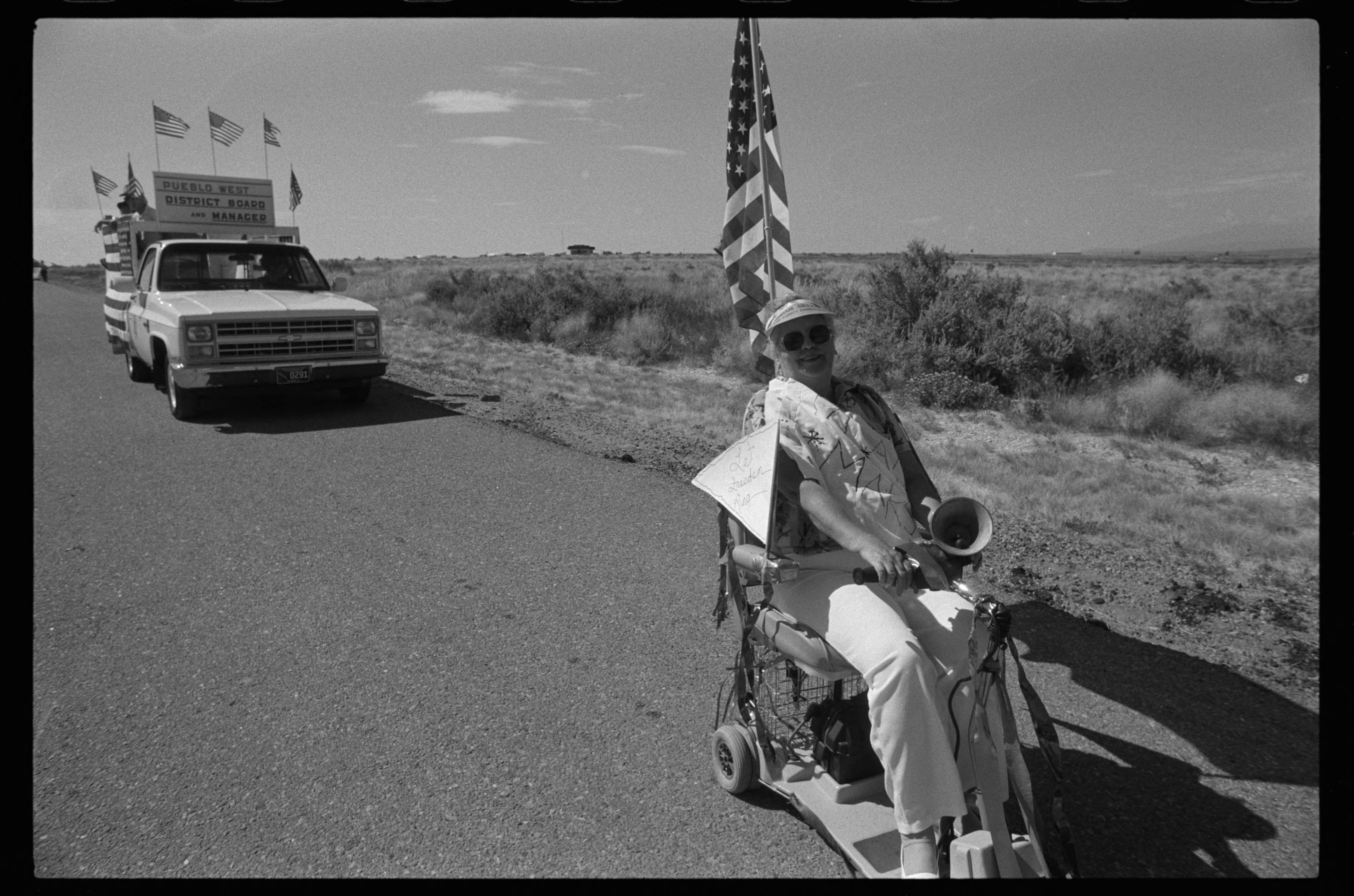By Rich Cairn, Emerging America
At the end of the 2021-2022 school year, Emerging America widely promoted an online survey of teachers to discover how much U.S. students are taught Disability History. Though the response was small, the results offer intriguing insights. The survey will repeat in 2023 and 2024.
The 36 respondents represented 12 states; 69% were from Emerging America’s home state of Massachusetts. Distribution by grade was: K-5 (17%); 6-8 (42%); 9-12 (36%). By discipline: social studies (56%); Special Education (25%). About 20% said they play a role beyond the classroom as district coordinators, curriculum specialists, or in one case a museum educator.
Half of respondents said that in 2021-2022, they never taught “a lesson or part of a lesson that directly addresses something about Disability History.” Another 36% said that they directly taught Disability History just 1-3 times last year. 8% said they taught it 4-6 times last year. Only two people (6%) reported that they directly taught Disability History 10 or more times last year.
Thus even in this self-selected group of survey respondents, more than 85% teach zero or a bare minimum of focused disability history.
Seeking to capture responses about less concentrated efforts, a follow-up question asked how often per year teachers “mention in passing (one or two minutes) an aspect of Disability History”–”not counting the question above”. A clear majority answered either “none” (28%) or just 1-3 times per year (31%). 18% answered 4-9 times per year. And 22% said that they at least mention Disability History ten or more times per year.
Topics taught in 2021-2022 included: disabled veterans (50%), understanding the lives and experiences of disabled people (46%), the founding of schools and asylums for people with disabilities (42%), biographies of people with disabilities (42%), advocacy for Disability Rights (42%), education of learners with disabilities (42%), definitions of disability (35%), eugenics (35%), medical treatment and/or technological support for people with disabilities (35%), laws and policies on disability (31%), leaders for Disability Rights (19%), exposés of abuse in institutions (12%), treatment of people with disabilities during the Holocaust (4%), and “all of these in context of Deaf history” (4%).
Of those who do teach Disability History, 80% said they write their own lessons. A third use lessons from Emerging America. (A predictable bias, given that we sponsored the survey.) Two teachers get lessons from the Disability History Museum. One person each volunteered that they get Disability History lessons from the following: Benchmark Education, History Alive, Newsela, Disability Rights (Vermont), their department, and “mainstream” teacher resources.
“Other resources (including primary sources, videos, or articles–that are not lesson plans) come from”: Library of Congress (68%), Emerging America (32%), the Disability History Museum (16%), and Gallaudet University (11%). One person each reported getting such resources from: YouTube Education, Newsela, the Vermont Family Network, PBS learning Media, the Historical Society of Pennsylvania, daily news, and original research.
Teachers identified the resources that would best help them to expand or improve their teaching of disability history as: lesson plans (80%), primary sources on disability history (74%), a short orientation to disability history (53%), professional development on developing inclusive history lessons (50%), workshops and/or courses on topics of disability history (47%), professional development on methods for making history education inclusive (32%), and small grants to pay for time to research and develop curriculum on disability history (32%). One person added that state standards requiring the teaching of disability history would be most helpful; note that Massachusetts, California, and a few other states already require varying degrees of such content. Note too that many hundreds of Massachusetts teachers have completed Emerging America’s own course: Accessing Inquiry for Students with Disabilities through Primary Sources, in part due to a state mandate to get such professional development.
In general comments, one teacher called for a disability history timeline. Another asked for more information on disabilities in the ancient world. One asked for disability history curriculum in science and health. One called for specific support in developing Deaf studies materials and supports. One asked for aid in knowing broadly, “what to teach and when to teach it.” And one called for, “Accessibility curriculum - easy to learn materials about teaching disability history - easy to understand knowledge of language about teaching disability history.” One declared the intention to, “build lessons that center on local histories.” Finally, one teacher called for, “connection to legislation and civic action.”
One key comment from a veteran disability history educator merits quoting in full:
The more I have learned, the more seamlessly I have been able to work disability history into my curriculum as a regular thing that doesn't always have its own lesson attached, but often does. I've found it to be one of the most interesting and eye-opening areas of history that I've studied, definitely one that has challenged my own beliefs and assumptions.
I close this summary by reporting that multiple respondents expressed the desire to collaborate in developing resources. Finally, I am of course pleased to quote this enthusiastic endorsement: “I got so much out of the course I took with you all, and I've been promoting it to my staff; I think several have come for the class in the past!” Please do join us! And watch for the survey in April of 2023. (Link to the 2023 report.)




